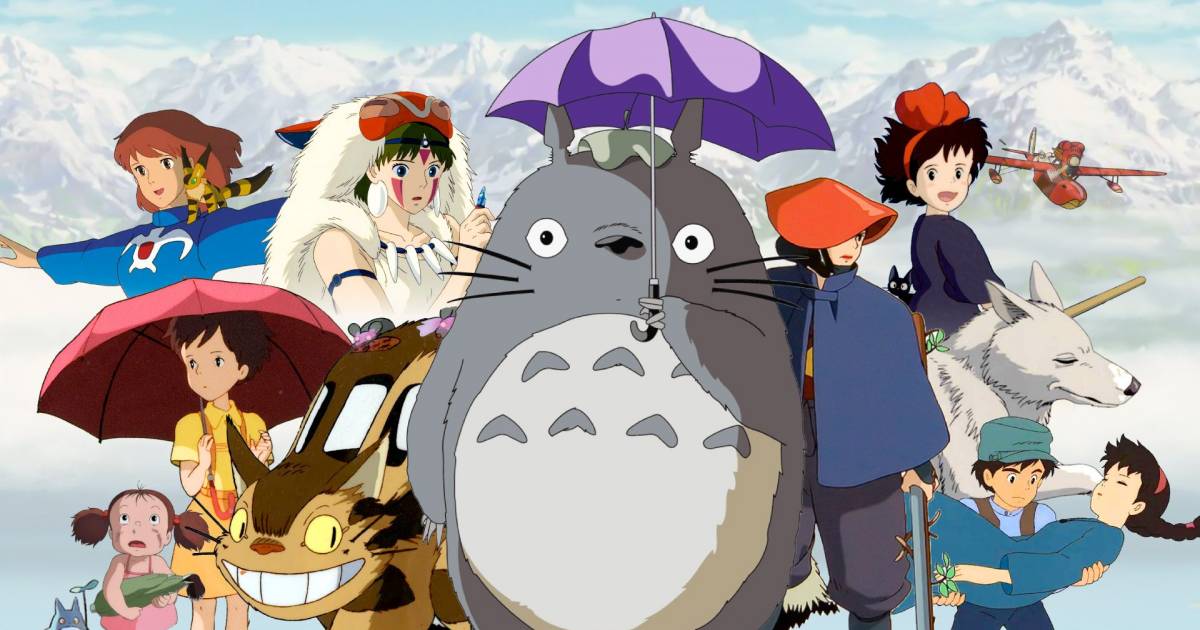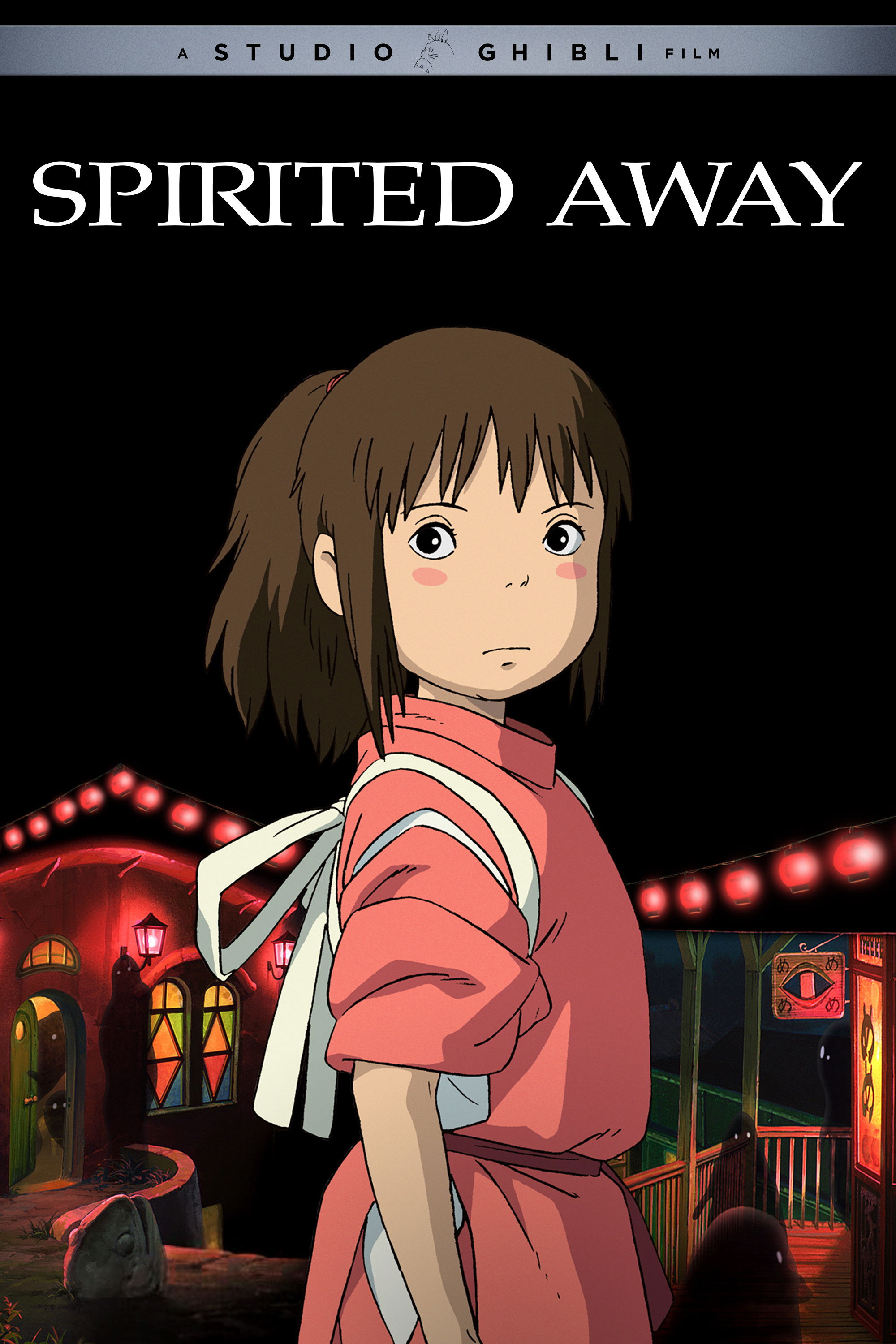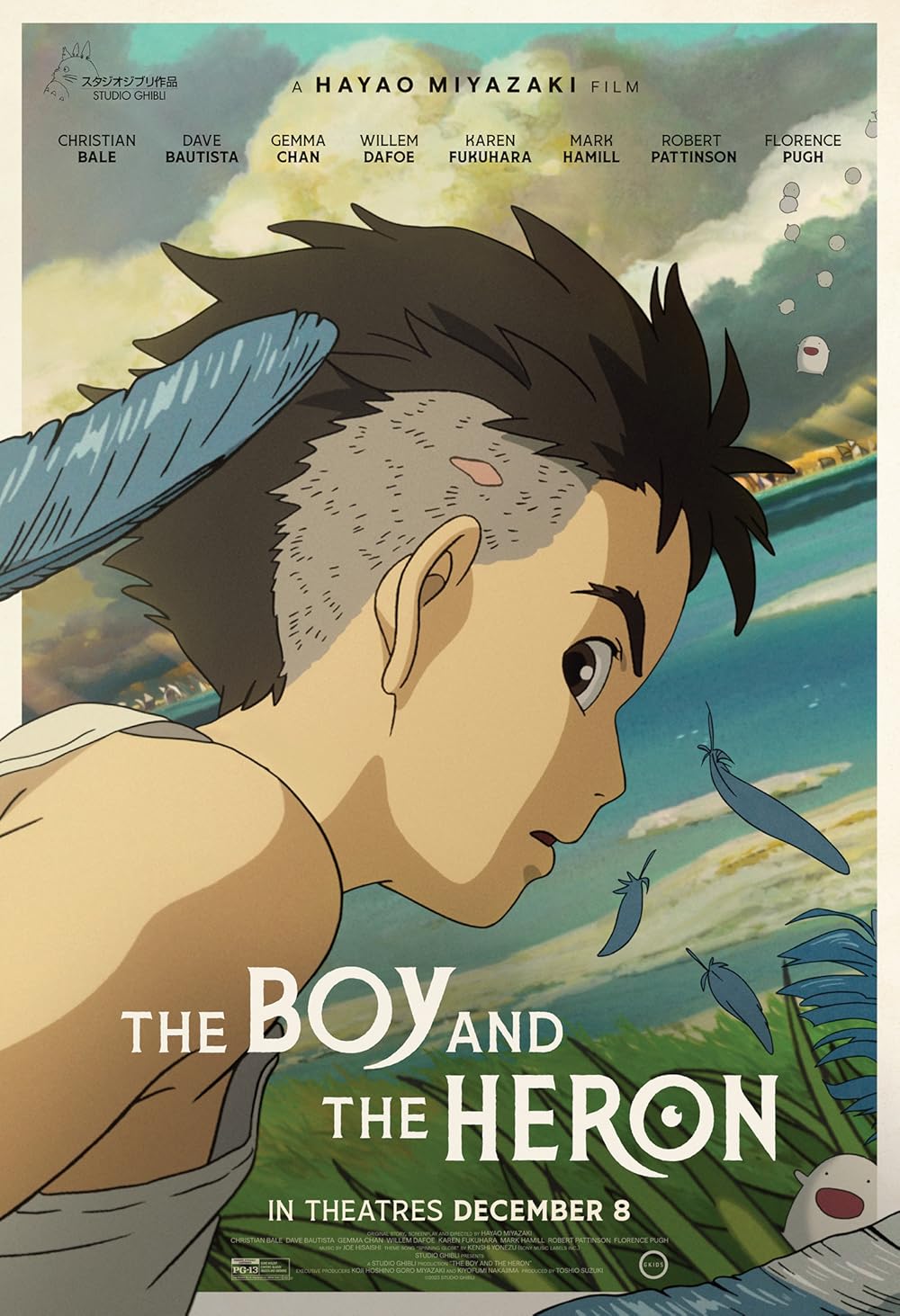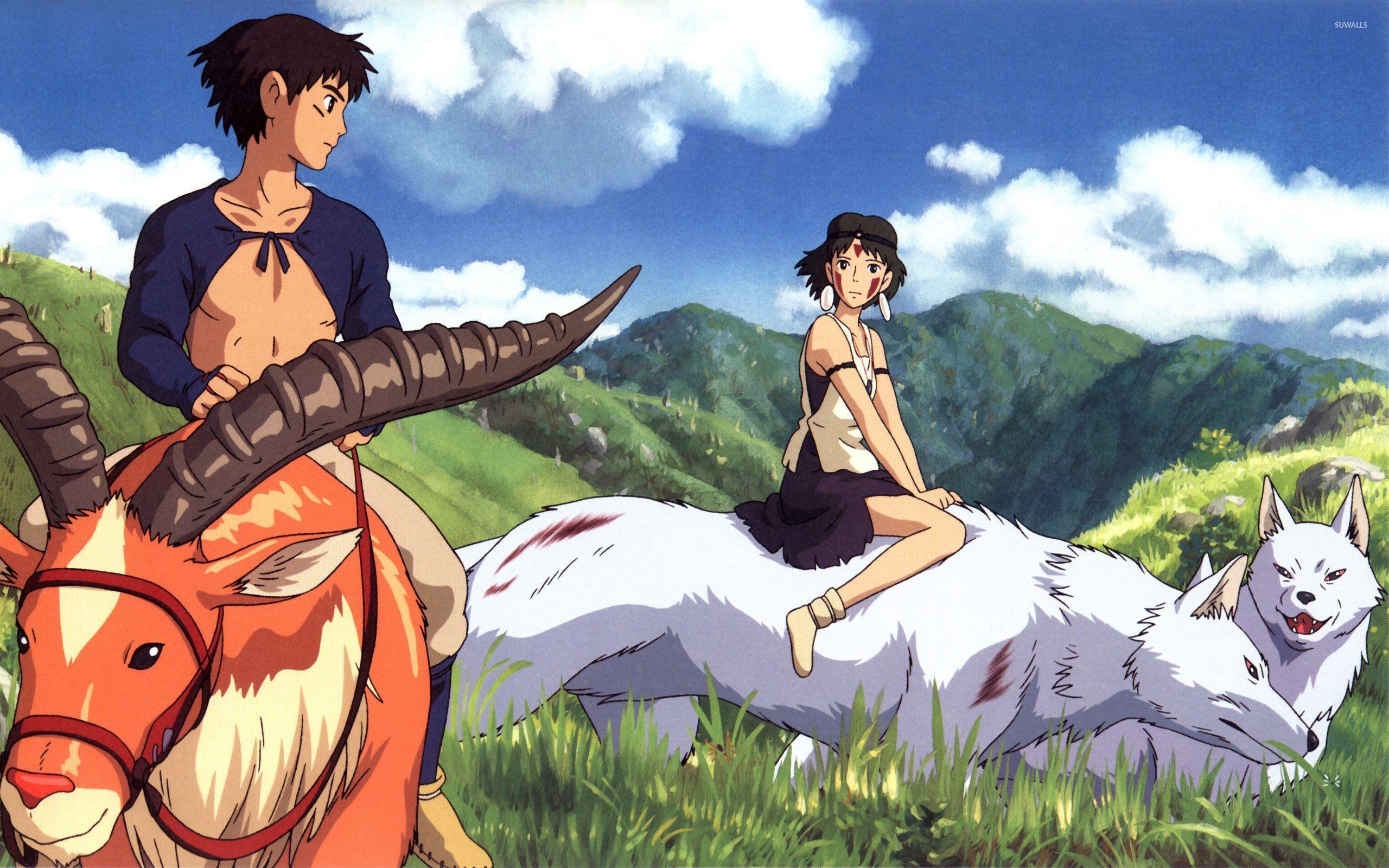Do I realistically think anyone has taken me up on any of the recommendations I’ve made thus far? Well, not exactly. I mean who has the time to watch a multi-season show that is totally different from what we have here in America (not to mention they are all in a different language). Today, I believe, is my best chance to change that. Meet Studio Ghibli.

Founded in 1985 by directors Hayao Miyazaki and Isao Takahata, Studio Ghibli has become a global icon in the animation industry. Known for its beautifully hand-drawn films, the studio blends magical realism with deep emotional storytelling, creating a style that resonates with audiences of all ages. Ghibli’s films often explore themes of nature, coming-of-age, and the complexities of human emotions, set against fantastical worlds that challenge the boundaries of imagination.


Among its extensive portfolio, Spirited Away (2001) and The Boy and the Heron (2023) are the only two anime films ever to win the Oscar for Best Animated Feature. Spirited Away, directed by Miyazaki, was a groundbreaking achievement that captivated audiences worldwide with its tale of a young girl navigating a spirit world to rescue her parents. The film’s unique art style and universal themes set a high standard for animated storytelling. Over two decades later, Studio Ghibli did it again with The Boy and the Heron, reinforcing the studio’s lasting influence on both the anime genre and animation as a whole. This win further highlighted the studio’s commitment to visual excellence and narrative depth.

What sets Ghibli apart is not just the beauty of its animation, but the way it tells stories. Princess Mononoke (1997) explores the relationship between humanity and nature, while Kiki’s Delivery Service (1989) delves into personal growth and resilience. Studio Ghibli doesn’t shy away from complexity or emotional depth, instead, it embraces them. This allows both characters and viewers to experience a range of emotions.
The studio also tackles mature themes with subtlety and grace. Grave of the Fireflies (1988), directed by Takahata, is a powerful anti-war film that depicts the struggles of two siblings during World War II. For us Americans, it’s even more unique as it provides the heart wrenching Japanese perspective on the atrocities of World War II. Its heartbreaking narrative contrasts with the studio’s more whimsical offerings but shows the versatility and emotional reach of Ghibli’s storytelling.
In recent years, Ghibli has continued to innovate while staying true to its roots. The studio’s dedication to traditional animation techniques in a digital age showcases its commitment to craftsmanship. Even as other studios adopt newer technologies, Ghibli’s choice to preserve its hand-drawn style is a testament to its belief in the magic of classic animation.
Even if you want nothing to do with anime, I still recommend you Studio Ghibli. Simple, heartwarming stories told over the span of one and a half hours, backed by lovingly made animation. What isn’t there to enjoy?
Over the past two years, my father has become OBSESSED with anime. He was never interested in it before, and it was only after my sister and I had watched Howl’s Moving Castle a while back that he started to really enjoy the cultural and comedic differences between western animation and (predominantly) Japanese anime. Studio Ghibli, I agree, is the epitome of what anime is in American culture. Beautifully drawn creatures in inspiring, wacky worlds with emphatic voice acting and much more, “what isn’t there to enjoy” is right. I, personally, have not gotten the chance to watch The Boy and the Heron, but I am excited to try a new movie from one of my favorite production company. Thanks for the inspiration, I hope to see this blog continue in the spring!
I have heard a lot about Studio Ghibli through media, like Tik Tok, and friends. I know that it is a very famous anime studio, known for its animation and heartfelt stories. However, the only Studio Ghibli movie I watched is “Spirited Away,” and although it is one of the most famous movies of all time, I personally did not enjoy it.